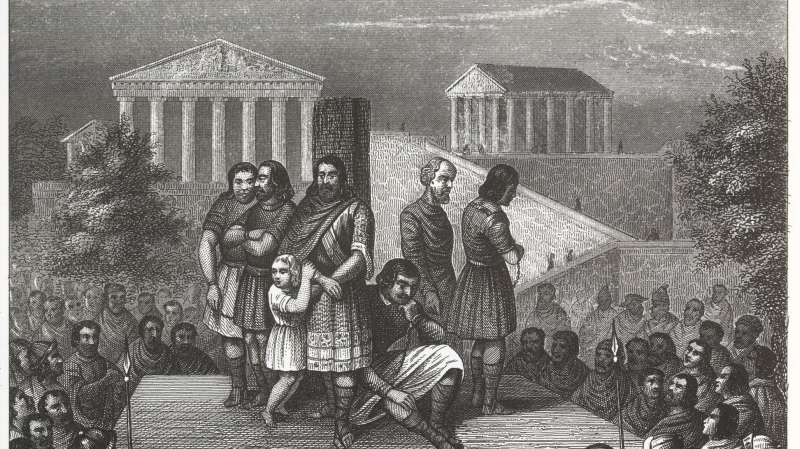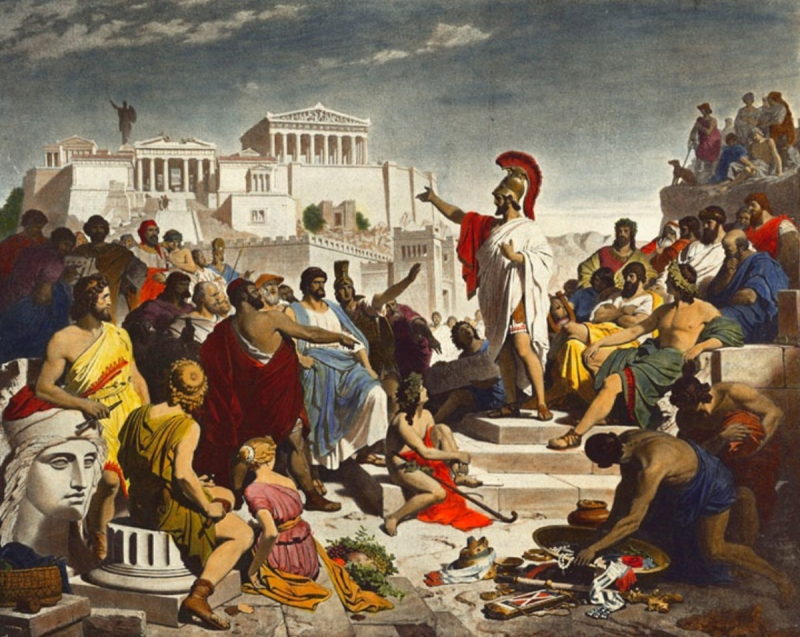Classical antiquity is the period when both Greek and Roman societies flourished and held enormous power
One of the most interesting facts about the classical antiquity period is that classical antiquity is the period when both Greek and Roman societies flourished and held enormous power. Classical antiquity (also known as the classical era, classical period, or classical age) is the period of cultural history focused on the Mediterranean Sea, encompassing the intertwining civilizations of ancient Greece and ancient Rome known as the Greco-Roman world. It is the time when both Greek and Roman societies prospered and held enormous power across most of Europe, North Africa, and Western Asia.
Until the Roman imperial period, the ancient Greek culture, with some influences from the ancient Near East, served as the foundation of European art, philosophy, society, and education. The Romans preserved, imitated, and extended this civilization throughout Europe until they could compete with it, and the classical world began to speak Latin in addition to Greek. This Greco-Roman cultural foundation has had a huge impact on the modern world's language, politics, law, educational institutions, philosophy, science, warfare, poetry, historiography, ethics, rhetoric, art, and architecture. Surviving pieces of ancient culture sparked a rebirth that became known as the Renaissance in the 14th century, and various neo-classical revivals occurred in the 18th and 19th centuries.








